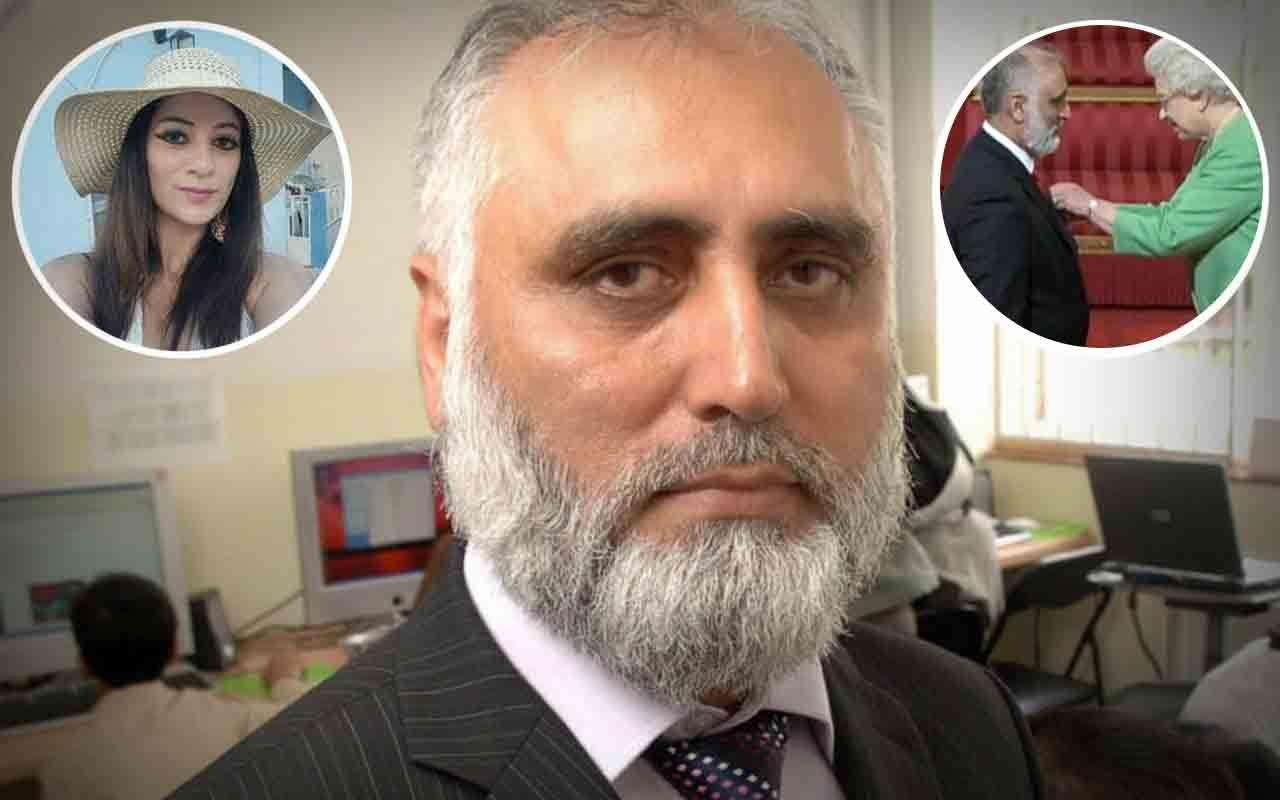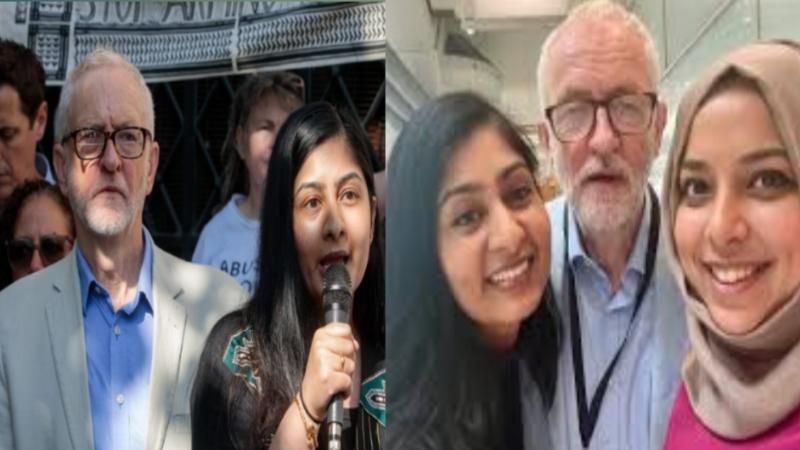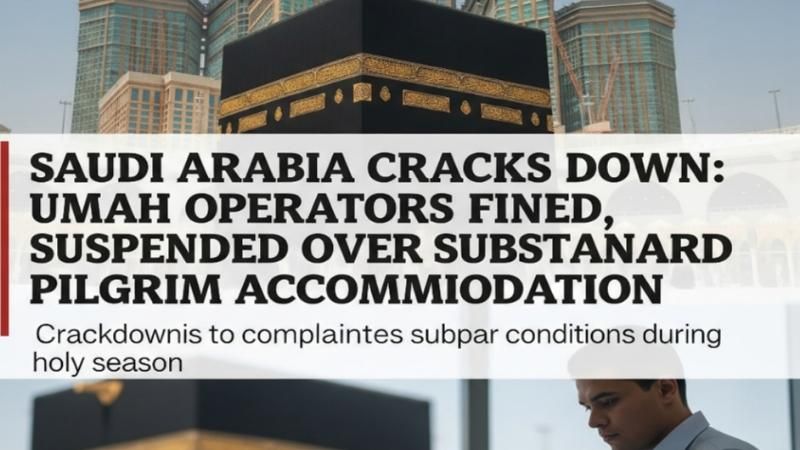Through this political party, it will be tested whether left-wingers can survive in British politics amidst the rise of the extreme right.For Corbyn to continue in politics, there was no alternative but to form a new party himself. That he was forming a new party was something the Daily Dazzling Dawn had written about six months ago. This is because a national leader of his stature had no opportunity to join any other party. The reality is that it's unlikely parties any mainstream MPs, other like than Zarah or Apsana, will join him, at least not right now.
Jeremy Corbyn has widespread personal popularity across the country as a rebellious, humane politician. Whether that popularity is enough for him to win his own seat as an independent, or if it will have a nationwide impact, remains to be seen. But unfortunately, Jeremy isn't in the good graces of the influential capitalistic powers that control much of global and even British politics from behind the scenes. He's seen as a risk. If he had been in capitalism's good books, he would have been prime minister already.Corbyn and Zarah have been largely unwelcome in the Labour Party under Keir Starmer's current leadership for a long time. Apsana Begum is in the same situation. Even if they haven't been expelled from the party, they lost their place in the party's mainstream a long time ago. Now, it remains to be seen who among the suspended Labour MPs and others outside of them will join this newly unnamed party.
Zarah Sultana and Jeremy Corbyn Unite to Form New Party Amidst Uncertain Futures for MPs and the Left's Aspirations, with Keen Eye on Ethnic Minority Support-The British political landscape has been dramatically reshaped by the formal announcement from Zarah Sultana, the long-suspended Labour MP for Coventry South, that she has resigned from the Labour Party after 14 years. In a move that sends a small waves,Sultana declared her intention to co-lead the formation of a new political party alongside former Labour leader Jeremy Corbyn. This expected yet anticipated alliance raises pressing questions about Sultana's electoral prospects in her constituency, the ultimate viability of this new left-wing force, the notable silence from close allies like British Bangladeshi MP Apsana Begum, and crucially, its potential resonance within the UK's diverse ethnic minority communities, particularly British Bangladeshi, British Pakistani, British Indian, and the broader BAME groups.
Sultana, who has been stripped of the Labour whip since last year for voting against the contentious two-child benefit cap, articulated the new party's mission to involve "other independent MPs, campaigners and activists," all united in their goal to dismantle what she terms a "broken" Westminster system. Her decision stems from a deep-seated disillusionment with both the current government and the Labour opposition, with sharp criticisms leveled at the government's stance on the conflict in Gaza – which she unequivocally labelled as "an active participant in genocide" – as well as its welfare policies and the ongoing cost of living crisis. She lamented Labour's "complete failure to improve people's lives" and highlighted a perceived political establishment that "smears people of conscience trying to stop a genocide in Gaza as terrorists."
While Jeremy Corbyn has yet to issue a definitive, formal confirmation of his co-leadership, his recent remarks on ITV's Peston strongly hinted at his full embrace of this new venture. Just yesterday, he spoke of a palpable "thirst for an alternative" and affirmed that a "grouping will come together." This alliance brings together two prominent figures from Labour's left, both having endured prolonged alienation and suspension from the current leadership under Sir Keir Starmer. Sultana's suspension, initially an indefinite state, has now culminated in her complete departure from the Labour fold, solidifying her long-term separation from the party.
Coventry South: A Contested Battleground for Sultana's Return?
A paramount question now looms over Zarah Sultana's political future: her ability to retain her Coventry South seat in the upcoming general election. Having secured her seat with a significantly increased majority in the 2024 general election as a Labour MP, she will now face the electorate as a candidate for a fledgling, unproven party. Despite her undeniable personal popularity and robust local campaigning, the formidable challenge of establishing a new party infrastructure, attracting substantial funding, and building widespread public recognition against entrenched political giants cannot be understated. Local sentiment in Coventry South will be a critical determinant, with pockets of support for her principled stands on issues like the two-child benefit cap and Gaza. However, whether this grassroots enthusiasm can translate into a winning electoral formula for a brand new political entity remains highly speculative.
The "New Party": A Path to Socialism or Political Marginalisation?
The newly formed party, with its stark declaration of "socialism or barbarism" as the choice for the next election, aims to galvanise the disaffected left. However, the historical trajectory for new parties in the UK's first-past-the-post electoral system is fraught with difficulty. While there is clear and widespread discontent with both the current government and the Labour opposition, converting this dissatisfaction into tangible electoral success for a nascent political entity demands immense organisational prowess, substantial financial backing, and consistent public resonance.
The party's potential impact on the broader political landscape is a subject of intense speculation. Could it inadvertently splinter the left-of-centre vote, potentially benefiting other parties? Or could it genuinely tap into a significant reservoir of disenfranchised voters, particularly those who feel unrepresented by the mainstream parties' positions on critical issues such as social justice, economic inequality, and international affairs like the Gaza conflict? The recent rise of other insurgent parties, notably Reform UK on the right, demonstrates a willingness among a segment of the electorate to consider alternatives, but a left-wing equivalent faces distinct challenges.
East London and the Ethnic Minority Vote: A Crucial Test
A particularly keen eye will be kept on who, if anyone, from East London and within the British Bangladeshi community, chooses to join this new political force. East London constituencies, such as Bethnal Green and Bow, have large British Bangladeshi populations and have historically been strong Labour heartlands. Similarly, the British Pakistani and British Indian communities, alongside the broader BAME groups across the UK, have traditionally shown significant support for the Labour Party. For instance, in the 2024 general election, Labour maintained a substantial lead over the Conservatives among ethnic minority voters, with a margin of 49% to 20%. However, this support has not been uniform across all ethnic minority groups, and recent analyses suggest Labour cannot assume this vote as a guaranteed bloc, especially given perceived shifts among British Asian, particularly Muslim, voters in the wake of issues like the Gaza conflict.
The emergence of Sultana and Corbyn's party will test whether the disaffection felt by some ethnic minority voters with Labour's current direction is strong enough to prompt a significant shift in allegiance. While Labour has historically been the dominant choice for many ethnic minority groups due to perceived alignment with their interests, research from 2024 indicated some erosion of support among British Asians, especially British Muslim voters, compared to 2019. It remains to be seen if a new, explicitly left-wing alternative can capture a substantial portion of these votes, or if the deep-rooted loyalty to Labour will prevail. The success of this new party in making inroads within these communities, particularly in areas like East London, will be a crucial indicator of its broader electoral impact.
Apsana Begum's Enigmatic Silence: A Strategic Calculation?
Intriguingly, British Bangladeshi MP Apsana Begum, another prominent figure from Labour's left, a close ally of both Jeremy Corbyn and Zarah Sultana, and also currently under Labour whip suspension, has maintained a conspicuous silence regarding the formation of this new party. Begum's own prolonged suspension and vocal criticisms of the Labour leadership have consistently aligned her with Sultana's dissenting stances. Her decision not to immediately join or comment on the new party could be a calculated strategic move. It might indicate a wait-and-see approach, a desire to preserve a potential future within Labour for as long as feasible, or perhaps a different assessment of the new party's long-term prospects. Her strong local support in Poplar and Limehouse likely plays a significant role in her considerations.
As the political landscape continues its rapid evolution, the emergence of a new party spearheaded by Zarah Sultana and Jeremy Corbyn unequivocally marks a pivotal moment. Its capacity to forge a meaningful political future and truly challenge the established order, especially by making an impact on the Labour voter base within ethnic minority communities, will serve as a crucial litmus test for the enduring power of the left's dissent and the true appetite for a profoundly alternative vision in contemporaryBritish politics.







.svg)


